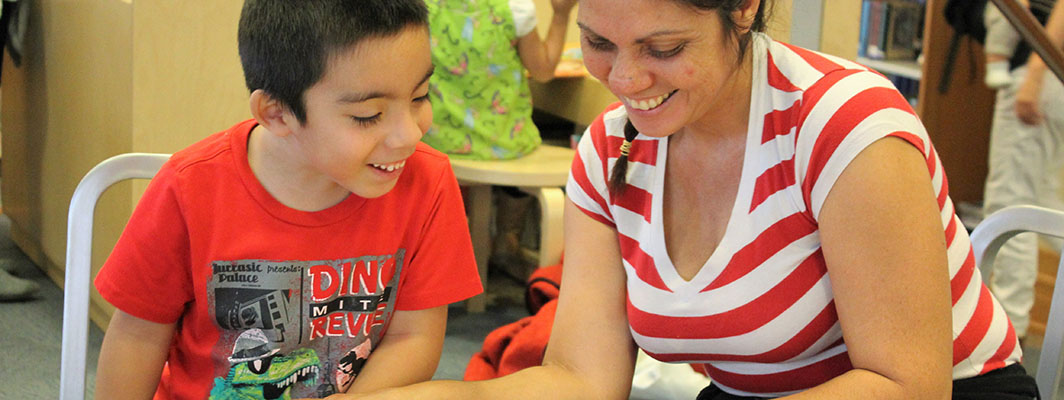
Back to school isn’t just a transition for students; it’s an adjustment for parents, who are met with presentations from principals and teachers that feature a variety of education terms. Phrases like personalized learning, trauma-informed approach, and whole child are quickly shown on slides and briefly discussed due to the content overload that is Back-to-School Night.
As a parent myself, I’ve witnessed the overwhelmed feelings that occur on Back-to-School Night. Many parents’ eyes are wide with anticipation, but begin to glaze over as they watch acronyms and jargon appear on a screen with little or no definition.
How can parents navigate and better understand these concepts that aren’t fully explained? Luckily, there’s the Research Map. The Research Map is a hub for learning sciences research. While it was created with researchers, educators, and technology developers in mind, it is also useful for parents, like me, who want to know more about the pedagogy and practices that are structuring kids’ learning environments.
I know you might be skeptical. “How can I comprehend research, which seems so far removed from my experience?” The answer is: Topic Pages. These pages take the mystery away from terms that are not a part of our everyday vocabulary. They offer summaries of relevant research, including related tools and resources, as well as videos that highlight major research findings. Through this tool, I learned that the concept of STEM (Science, Technology, Engineering, and Math) learning is more than the subjects included in its acronym; it’s about encouraging kids to be curious, ask questions, and work with technology and multimedia materials to explore the world around them.

The Topic Pages on the Research Map provide concise summaries of relevant research along with other resources to help better understand current issues in education.
One key term that seems to be popping up as a priority at schools is “project-based learning.” The Project-Based Learning Topic Page discusses the history around this approach, and how engaging, authentic, and inquiry-based approaches can benefit all students. It provides research and resources that show what roles and methods teachers should adopt and the support students need to actively participate and succeed—a success that is more than a letter grade.
Explore the Research Map and know that there’s a resource to help you navigate those new education terms and get you on the same page as your kid’s educators!